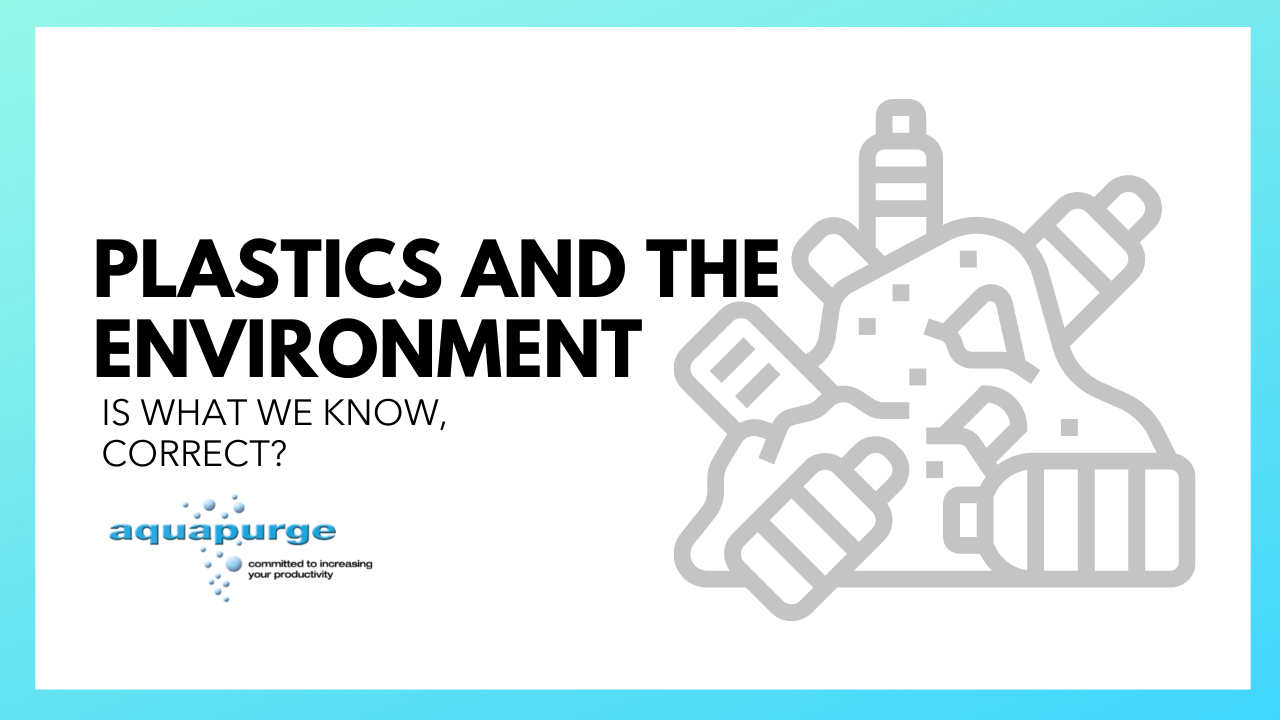When I see people online talking about plastics, I am often left dismayed, there is so much false narrative that is shared about that it is staggering. It disheartens me to see false information being shared as plastics, the environment and sustainability are such important topics, we all need to be on the same page. That is the only way we are going to be able to make progress.
Feeling as I do about the rhetoric around plastics online, I did some googling and stumbled upon a fantastic video on the YouTube channel “Phantom Plastics”.
In this video, Dr Chris DeArmitt shows startling new information about plastics and the environment. The video covers topics including materials use, waste, Sea Turtles mortality, Whale mortalities, microplastic dust and much more. It is a fantastic watch and goes into great detail about why we can’t believe everything we see and hear on social media, the importance of doing your own research and analysis of life cycles.
Now I don’t want to completely spoil the video, I highly recommend you go and watch it for yourself so you can come back and we can have a conversation about it. What I will do, however, is share my favourite point from the video, just to whet your appetite.
Only two minutes into the video, Dr DeArmitt makes an excellent observation. Dr DeArmitt mentions a study carried out by MIT, that looked into what gets more air time on social media, and it turns out that lies are 70% more likely to be spread than truths. I don’t know about you but that floors me, and that isn’t even the end of it. Dr DeArmitt goes on to mention that these lies convince even the savviest internet user, just through overexposure, a war of attrition if you will. The more times you see a lie, the more you become familiar with it, the more likely you are to start to agree with it.
Now you may be asking how this plays into plastics and the environment. Well, let me tell you.
In an effort to weed out the lies and find the truth around plastics Dr DeArmitt went on a written pilgrimage, finding information about the subject from all over, some information that conformed to his views, and other pieces of information that challenged it. All of this research led to the creation of his book “The Plastics Paradox”.
Later in the video, when talking about life cycle analysis Dr DeArmitt talks about common themes he found when comparing studies from all over. One interesting theme was that 9/10 out of ten, plastic is the most sustainable material when to comes to a life cycle, it would actually be the second most sustainable, but alas, we can’t build everything from wood. Plastics beat glass, paper and cardboard, steel, and aluminium.
I know, initially, I was taken aback, but when Dr DeArmitt explains it in greater detail, it makes total sense…
Now as I said, I don’t want to steal the thunder of this fantastic video completely, so I will link it now and let you go and watch it, but make sure you come back as soon as it is over so we can talk about it in the comments below.

